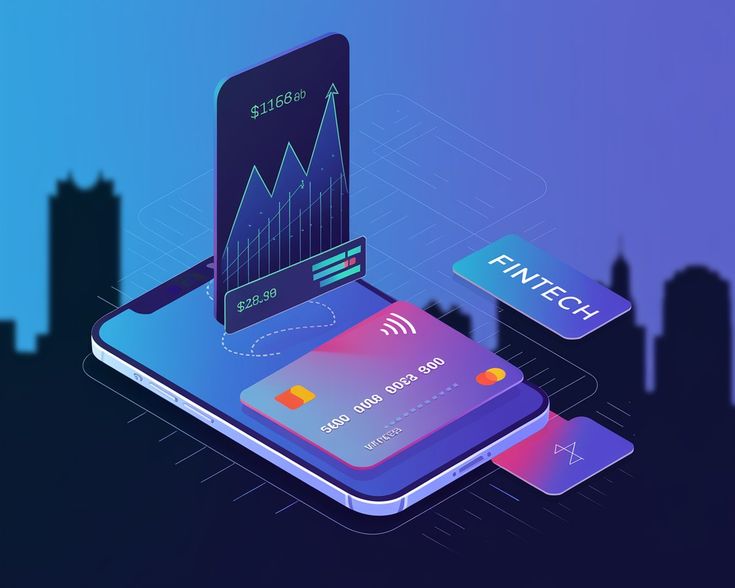
Digital infrastructure is the backbone of Nigeria’s ambitions to lead Africa’s technology-powered future. As the world accelerates toward a digitally integrated global economy, Nigeria’s ability to compete and thrive hinges on its investments in connectivity.
This is no longer just a technical requirement—it is a national development imperative, central to achieving inclusive economic growth, quality public services, and global competitiveness.
The Current Landscape: Progress and Persistent Gaps
In the past decade, Nigeria has made notable strides:
- Broadband access has grown, reaching urban centres and state capitals with faster, more stable internet.
- Mobile phone penetration now exceeds 90%, opening channels for service delivery across sectors.
- Investments in data centres, undersea cables, and fibre optics are rising, supported by both local innovators and global tech players.
Yet, beneath these gains lie significant disparities:
- Urban-Rural Divide: Cities like Lagos and Abuja enjoy 4G and emerging 5G networks, while rural communities remain disconnected or underserved, widening the digital exclusion gap.
- Affordability Crisis: Millions still find mobile data plans and smart devices too expensive. For many, internet access is a luxury, not a utility.
- Unreliable Infrastructure: Recurrent power outages, limited energy infrastructure, and ageing telecom equipment hamper digital service delivery and slow down innovation.
Why This Matters: From GDP to Social Transformation
Digital connectivity is not an isolated sector—it is a horizontal enabler of national growth:
- Economic Growth: The World Bank estimates that a 10% increase in broadband penetration can drive up to 1.5% GDP growth. In a digitally powered economy, productivity gains ripple across agriculture, trade, manufacturing, and services.
- Job Creation: ICT infrastructure stimulates employment in construction, civil works, telecommunications, software development, digital logistics, and customer support—sectors critical to Nigeria’s youth-heavy labour market.
- Public Services: From mobile health to e-learning platforms and e-government services, dependable internet access improves efficiency, transparency, and citizen engagement.
- Investment Magnet: Countries with reliable digital infrastructure are more attractive to global investors, tech companies, and startup incubators, fostering a thriving innovation ecosystem.
Strategic Developments: Seeds of a Digital Future
Nigeria’s digital economy agenda is backed by key initiatives:
- The National Broadband Plan (2020–2025) outlines a clear target: 70% broadband penetration by 2025. It emphasises inclusion, affordability, and rural outreach.
- Undersea Cable Projects, including Google’s Equiano and MainOne’s expansion, will increase bandwidth, reduce latency, and lower data costs, especially for coastal and inland regions.
- 5G Rollout: Licensed providers are already piloting 5G in major cities, with the potential to unlock smart city frameworks, IoT applications, remote healthcare, and AI-driven productivity.
- Public-Private Partnerships (PPPs): Co-financed infrastructure projects have proven successful in reducing deployment risks and enabling cost-effective expansion.
Policy and Investment Priorities: Pathways to Acceleration
For Policymakers:
- Regulatory Support: Enable infrastructure sharing, simplify licensing, and implement open-access policies to reduce market entry barriers.
- Investment Incentives: Offer tax holidays, grants, and duty exemptions for connectivity projects, especially in underserved regions.
- Digital Integration in Planning: Align digital infrastructure targets with national development blueprints and state-level budgets.
- Energy Innovation: Promote solar-powered base stations and hybrid energy models to overcome power supply challenges in remote areas.
For Investors:
- Focus on Underserved Markets: Rural broadband, edge computing hubs, and mini data centres represent untapped high-growth markets.
- Leverage PPPs: Collaborate with telcos and government agencies to finance infrastructure projects with long-term returns.
- ESG-Driven Investments: Align capital with environmental and social goals—bridging the digital divide while delivering impact.
- Adopt Scalable Models: Infrastructure-as-a-Service (IaaS), tower sharing, and capacity leasing reduce CAPEX and maximise ROI.
The Backbone of Nigeria’s Digital Renaissance
Digital infrastructure is not just a component of the economy—it is its nervous system. It connects farmers to markets, students to classrooms, hospitals to patients, and businesses to the world. Its impact is transformative and far-reaching.
To Policymakers: The time for incremental change is over. Bold, inclusive, and future-focused policies must anchor Nigeria’s digital journey.
To Investors: The returns are not just financial—they are generational. Your investment builds the bridges to Nigeria’s digital future.
Let us build not just networks, but pathways to opportunity, gateways to innovation, and a platform for national transformation.
Contact Cloud Technology Hub for a strategy consultation, or subscribe to our newsletter for more tips.


